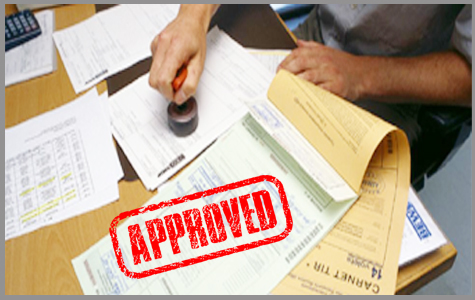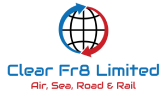Import Personal Effects & Household Goods to the UK
Whether you're relocating to a new country or returning home after an overseas adventure, the process of moving personal effects and household goods can be both exciting and challenging. Understanding the import and export regulations, documentation requirements, and logistical considerations is crucial to ensure a seamless transition. In this blog post, we will explore the essential steps and considerations involved in importing and exporting personal effects and household goods to and from the UK.
Importing personal effects and household goods to the UK requires careful planning and adherence to customs regulations. If you are relocating to the UK, you may be eligible for relief from paying customs duties and taxes on your used personal belongings and household items. To qualify, you must meet specific criteria, such as having owned and used the goods for a minimum period before the move. To begin the process, you need to complete a Transfer of Residence (ToR) application with the UK's HM Revenue and Customs (HMRC). The application includes a detailed inventory of the items you plan to import, supporting documents (such as proof of residence abroad), and a declaration of the items' value. after this you will obtain a TOR Number.
Why import personal effects & household goods to the UK?
When importing or exporting personal effects and household goods, several logistical considerations can contribute to a smooth process. Here are a few tips to help you along the way:
-
Research Customs Regulations: Familiarize yourself with the customs regulations of both the destination country and the UK. This will help you understand any restrictions, documentation requirements, or duties and taxes that may apply.
-
Engage Professional Movers: Working with experienced moving companies specializing in international relocations ensures that your goods are packed, transported, and handled appropriately. They can provide guidance on customs requirements, documentation, and the most efficient shipping options.
-
Documentation and Inventory: Maintain meticulous records and accurate inventories of your belongings. This will help streamline the customs clearance process and serve as a reference for insurance purposes.
-
Insurance Coverage: Consider obtaining comprehensive insurance coverage for your personal effects and household goods. This will protect you against any potential loss, damage, or theft during transit.
-
Plan Ahead: Start the process well in advance of your intended move. Research, gather required documents, and make necessary arrangements to avoid last-minute complications or delays.
What is a TOR Number?
A "ToR number" stands for "Transfer of Residence" number. It is a unique reference number issued by the UK's HM Revenue and Customs (HMRC) when applying to import personal effects and household goods to the UK without paying customs duties and taxes. The ToR number is obtained by completing a Transfer of Residence (ToR) application, which includes providing information about the items being imported, supporting documents, and a declaration of the items' value.
The ToR number serves as proof that you have applied for relief from customs duties and taxes based on your transfer of residence to the UK. It is an essential reference throughout the import process and may be required when dealing with customs authorities, shipping agents, or moving companies. It helps ensure that your goods are processed correctly, and the appropriate customs procedures are followed.
It's important to note that the ToR number does not guarantee automatic relief from customs duties and taxes. The HMRC will assess your application and determine whether you meet the necessary criteria to qualify for duty and tax relief on your personal effects and household goods.
DOCUMENT REQUIREMENTS
- Certificate of Origin
- Bill of Lading
- Packing List
- Commercial Invoice
- Customs Clearance

